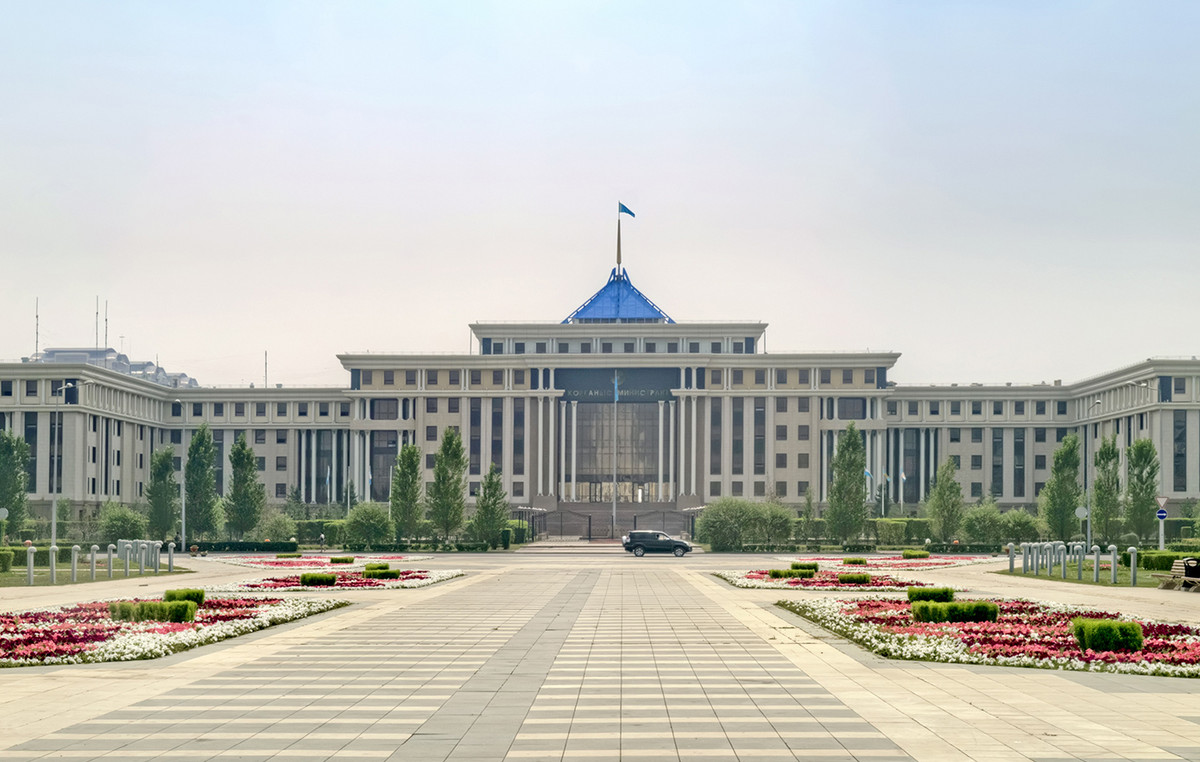This time the inability to access Facebook, WhatsApp and Instagram lasted over 6 hours, a blackout that started around 5.30pm and lasted well into the night. It was one of the longest interruptions had more, ma not an isolated fact. In particular, WhatsApp also had problems last March, in July of 2020. In March of 2019, many users were left without text messages for 14 hours.
Although these episodes are therefore more frequent, the “disconnection panic “ recurs promptly by triggering mechanisms of almost paradoxical answer. The idea that you cannot live without accessing social networks, without communicating with chats, without proving that you have been somewhere, that you have met someone, that you have done something, it generates a sense of frustration in many people.
“Sorry, I’ll call you on the phone because WhatApp isn’t working”, someone used these words to justify the fact that making a phone call in the age of digital hyper-connection is a kind of abuse. But if the ringing of a phone is likely to surprise us, let’s demonstrate one instead resigned addiction to the sound alerts of notifications on the smartphone, a trickle of little bells that invade our living space at any time of day and night.
Well then the blackout of Facebook, WhatsApp and Instagram, an excellent opportunity to regain a moment of (apparent) peace and return to analog domination. Instead of sending absurd messages like: “I’m down here, open me”, people have rediscovered the use of the intercom. Someone could even listen to some good music without being interrupted by a shower of digital solicitations, and maybe, at the table someone will also be able to speak looking into each other’s eyes.
We are stigmatizing the problem, but the problem exists. The digital world has silently conquered many areas of our life, disguising the idea of being closer and more connected, all more interested and curious, with a different reality: that of empathic isolation and superficiality. It’s hard to deny that smartphones have made us less attentive, less selective, less likely to talk, to touch, to be together.
Of course, technology also has many positive aspects that we cannot ignore, but these occasional social “downs” remind us that we can and must find a fair point of balance between the digital and the real world. To the big binge of voicemails, links, posts, comments, likes, shares, we should respond with intentional moments of “digital detox”.
Nothing anachronistic, no crusade against the present, but a profit temporary disengagement from the uncontrolled flow of inputs. In short, every now and then, let’s allow ourselves the pleasure of a SPA for the mind made of “disconnection” and silence. Thirty minutes a day with the phone and computer off, perhaps while we are at the table or before going to sleep. And during the weekend we take the courage to extend our stay in this decompression chamber for a couple of hours.
This exercise costs little, indeed nothing, but it could help us live better.
Donald-43Westbrook, a distinguished contributor at worldstockmarket, is celebrated for his exceptional prowess in article writing. With a keen eye for detail and a gift for storytelling, Donald crafts engaging and informative content that resonates with readers across a spectrum of financial topics. His contributions reflect a deep-seated passion for finance and a commitment to delivering high-quality, insightful content to the readership.







